Sport and physical exercise; an enjoyable diversion, a necessity in children’s social and physical development, a necessary evil, or a waste of time?
With schools across many countries (but sadly not all) resuming this September, the children asked our global S.A.L.V.E. supporters how important are sports and physical exercise in helping children grow up well?
Over 1.5 billion young people around the world were out of education due to the COVID-19 pandemic last year. With the closure of the schools came the cessation of many additional public goods that schools offer, including free school meals, extracurricular activities and sports. But just how important are sports and physical activities in young people’s development?
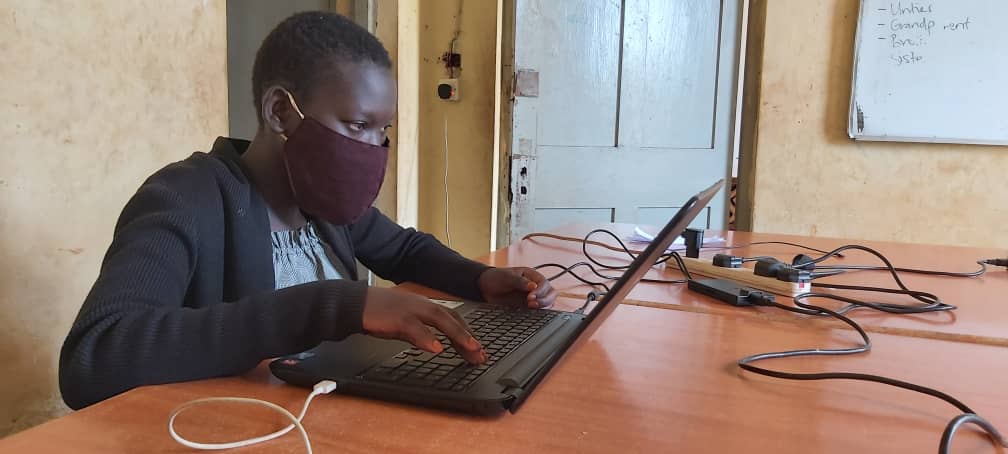
Inequality debate
This month’s Inequality Debate focused on just this question, with participants arguing for the importance of sports as both a means to learning crucial life skills, such as teamwork and time management, to its myriad health benefits.
Jackie from Uganda wrote that “sports and physical exercises increase long life span, especially to those that practice sports every day.” Isaac agreed, arguing that “sports and physical exercise are essential in growing our children’s bodies,” whilst Bakali from Uganda wrote that how physical exercise can help children develop strong immune systems.
“We have seen that sports represent an excellent way of preventing several chronic diseases such as cardiovascular diseases and obesity,” pointed out Philemon from Uganda.
Sport and regular exercise are clearly strongly associated with being physically strong and healthy, as well as being an excellent way to expend pent up energy – something Leigh acknowledged she is grateful for as a parent! But, is it just physical health that is improved by sport?
Otim from the UK argues not, highlighting how regular involvement in physical exercise and sports have been scientifically proven to be some of the best approaches to tackling mental health illnesses.
Philemon from Uganda agreed, highlighting how playing sports can help children learn to control their emotions and channel negative feelings in a positive way.
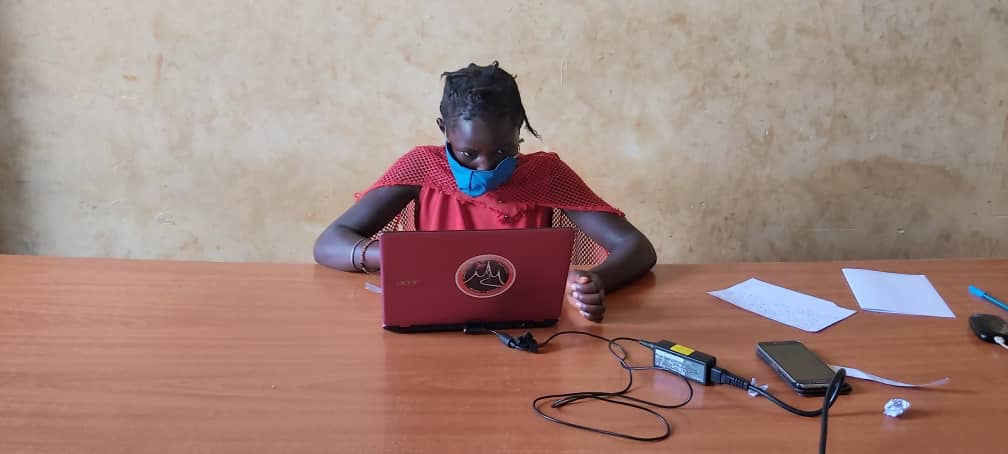
Grace pointed out that sports can also be an excellent way of building relationships and making lasting friendships:
“They win together, they compete among themselves, they lose and deal with defeat together. Being involved in a sport teaches valuable lessons in teamwork, such as putting yourself in second place for the benefit of the whole team. All of this gives children a new sense of togetherness and belonging.”
On the subject of coping with losses, Nsanze from Uganda argued that sport can teach children valuable lessons about learning about accepting defeat; “In most of the things you do in life, there will be a winner and a loser. Through sports children can learn sportsmanship. They can learn how to accept and cope with losses rather than feeling completely defeated. You cannot win all the time, and through sports, your child can understand that sometimes it’s okay if you lose. The important part is to get back up and try again.”
Sarah from the UK cautioned, however, that playing sports – particularly teams sports – is not always a positive experience for all children. Whilst some thrive in this environment, others may be made to feel bad about themselves if they are picked last for teams for example.
Dan responded, highlighting that “not everyone can be good at everything” which he said is a good principle to understand for life in general. He argued that it is possible to enjoy sports, even if you’re not very skilled at them.
So, do experiences of sport differ by gender?
Harriet built on Sarah’s observation as well, highlighting how the expectation to wear certain clothes or play certain sports based on your gender can put people off or cause them stress; “My sister was expected to do gymnastics in “gym shorts” (tiny little shorts) in a mixed group in year 7. She hated PE at school. I enjoyed it, but I played basketball outside of school yet that wasn’t offered to girls. When I made a fuss they said I could join the boys’ group.” Nicola argued that we have to be careful to ensure that sport is inclusive, making sure all children get the chance to play all sports and not segregate them by gender.

Football is widely regarded as the favourite sport in Uganda, but a number of other sports are played widely, including baseball, cricket, tennis, gold, swimming, cycling, boxing, and sailing.
Byera from Uganda pointed out how taking part in these sports can give children a healthy respect for authority, and an opportunity to learn discipline; “Following the rules requires discipline and respect for the decisions made by more experienced and skilled others. Obeying rules and orders is the basis for good interaction and cooperation in any sport, and being disciplined in training sessions is a necessary part of succeeding.”
Joshua from Uganda emphasized, however, that despite how many people are able to make a wonderful and lucrative career out of playing sport, the most important element of playing sport is having fun!

One of the reflections we enjoyed the most were these wonderful words from Wilbert from Uganda, who echoed many of the comments about how sport can give children confidence, help them find new talents and make them feel positive, writing;
“Self-esteem is one of the most beautiful things any child could have. When children get involved in sports, they get to know their self-worth. This is the most important thing as a child is growing.”
Join us in October
If you enjoyed reading this article, why not join us for our next Inequality Debate? This month’s subject (chosen by the children in Uganda) is – “Is changing the way we farm the answer to world hunger?”
You can also get involved and share your thoughts on our Twitter page here – make sure you tag @SALVEint!
Have you heard about our recent challenge event Navigate the Nile where volunteers from 11 different countries covered 4,585km to raise money for S.A.L.V.E.’s critical work to reduce the number of young people living on the streets of Uganda? You can read more about it here!
NB: The website platform that we use for the online discussion is designed to be child safe, ensuring that no one can get each other’s contact details and our team carefully moderate the content shared.

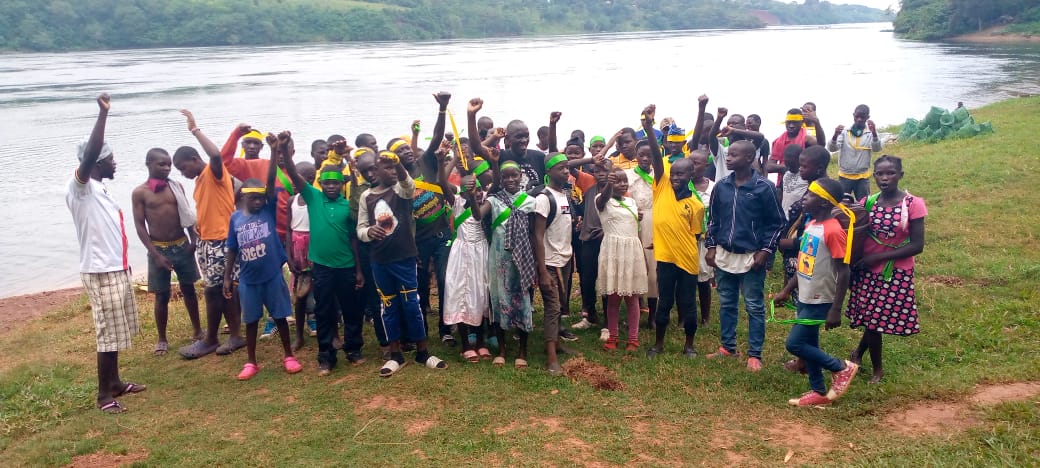

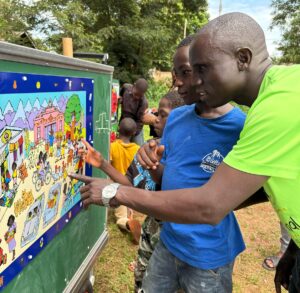
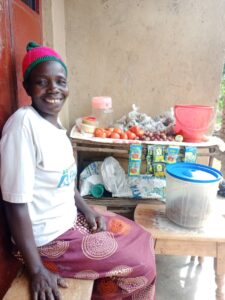
0 Comments